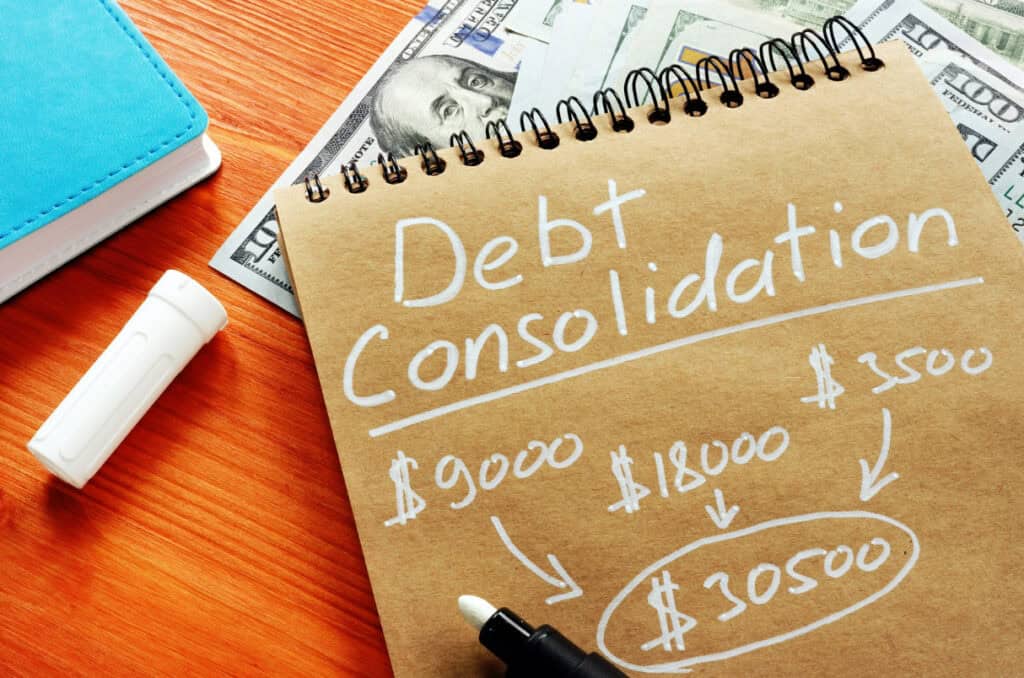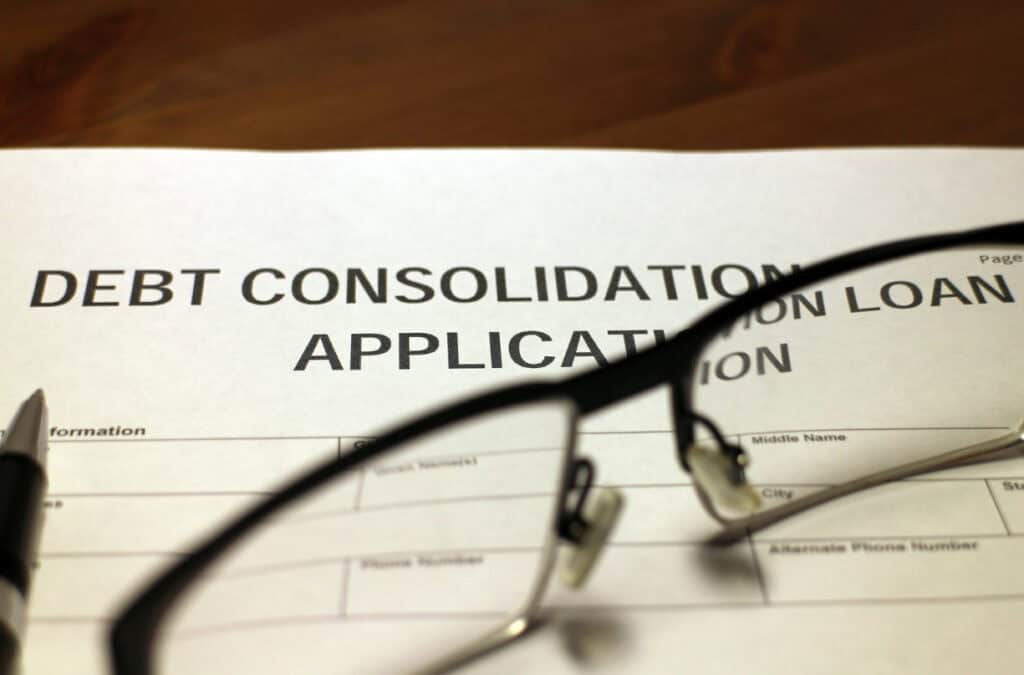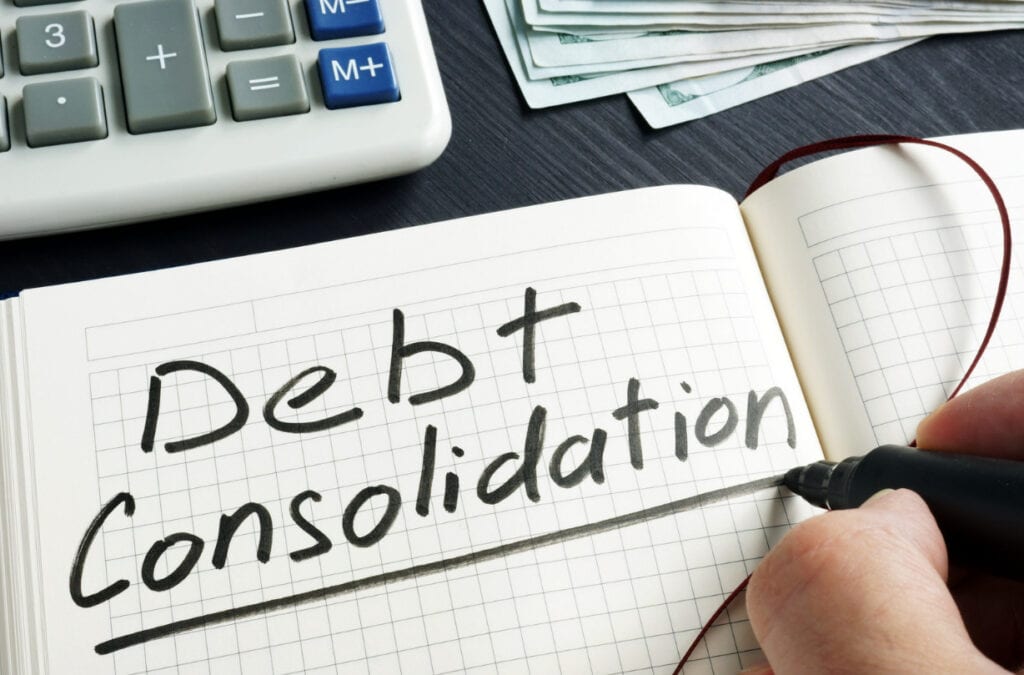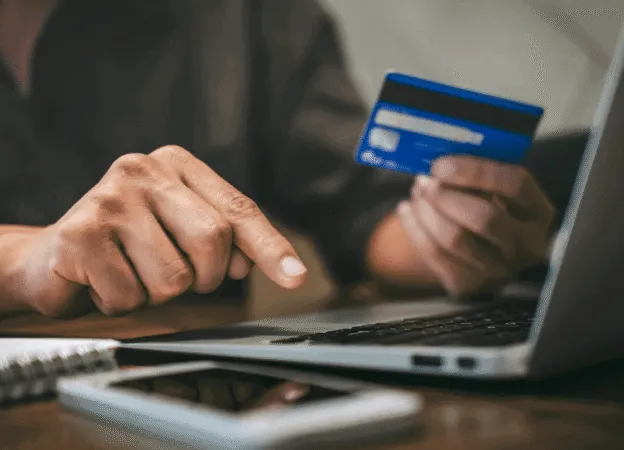Debt is an unfortunate reality for a key majority of families and households in the UK. A difficult five years, which encompassed the coronavirus pandemic, energy bill rises, goods inflation and a stalling economy, has made for a hostile environment for the average earner.
Table of Contents
In fact, 14% more of us experienced rising living costs reported using more credit than usual to make ends meet. Debt can be a useful provision, as in the case of mortgages or certain financing programmes.
However, shorter-term debts from credit cards to overdrafts can be ruinous for one’s personal finances, on account of high rates of interest serving only to deepen the hole.

The issue is exacerbated where debt builds up in multiple different places; a toxic combination of credit cards, overdue loans and overdraft difficulties can see you struggling to prioritise – and remaining in debt. What are some of the best ways to consolidate your debt?
There are a few different routes or ways to consolidate your debt. Let’s take a look at some of these ways to consolidate your debt, and consider which one best works for your situation.
You Can Find Ways to Consolidate Your Debt
The key to tackling such a difficult debt-based quandary lies in the term ‘consolidation’. The idea is to bring all of your debt under one roof, so to speak. Doing this satisfies the expectations of most of your current lenders, freeing you from the leash of variable interest rates.
It also makes repaying your sum total much simpler, as you only have one debt to manage. There are a few different routes to managing this, though. Which are the best?

Remortgaging
If you own property, there is a unique opportunity for you to properly address your debt situation – though it can have detrimental impacts for your homeowning journey.
Remortgaging your property can allow you to borrow more than you have left to pay on your mortgage – effectively borrowing back the equity you’ve already paid in –, which you can then use to satisfy any debts you may have outstanding. Your debt is then effectively folded in to your mortgage repayments.
Debt Consolidation Loan
If you haven’t been able to increase the equity you have in your home just yet, though – for example, as a recent first-time-buyer on a high-LTV mortgage – you may not be able to remortgage.
However, your home can still be used as collateral for a secured loan. Debt consolidation loans are specifically designed for this eventuality, and use the value of your home as a security against that which you borrow.
This enables you to borrow potentially large sums, and cover significant debt in the process. Of course, this introduces the risk of losing your house if you fail to keep up with these repayments.

Alternative Ways to Consolidate Your Debt
The safest way to manage multiple debts is to borrow against your biggest asset – which is, for most, property. If you don’t own a home, you might consider borrowing against your pension.
However, without a tangible asset to secure, your best alternative would be to contact a debt charity and seek interest relief while you figure out your options.



